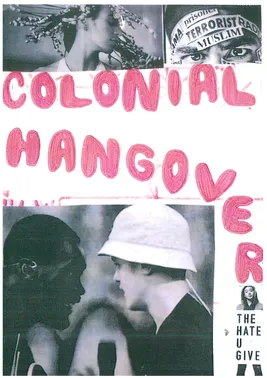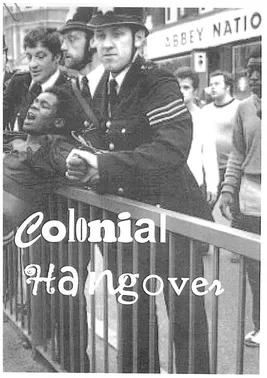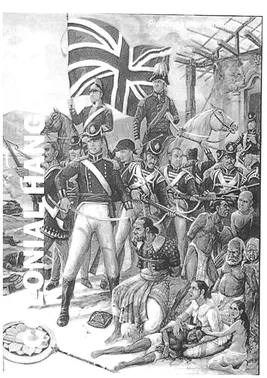Exploring Black History Month with the Colonial Hangover project
Colonial Hangover: Black History Month

Black History month originated to recognise contributions and achievements of those of African and Caribbean heritage. The month also serves as a reminder that these stories are often missing from the curriculum and our teaching of British history. The Colonial Hangover Project based at the Department of Politics and International Relations started with the simple premise that we wanted to create a space for our students to explore different histories, particularly the stories of the colonised. We wanted to speak to the silences in the teaching of the Empire and allow students to explore their personal history and map these into accounts told. The project began by examining colonial legacies to understand how scholars like Adam Smith had interacted with the Empire. Through our work, we were struck by how many of these legacies remain hidden. Commentators in Victorian England spoke of the ‘spirit of enterprise abroad’ and celebrated the buildings which shaped our cities as a result. These buildings, the legacies of the Empire, had become part of the built environment that we walked through daily. Of course, enterprise in the Empire was the plantations, the exploitation of wealth in colonised countries, and owning slaves. Walking in the cities that Warwick University students reside in became an act of discovering how these legacies formed part of our everyday lives. As one student would remark, “Leamington appears so nice until you realised how it gained its wealth.”
Local History
By working with local schools and our students, we explored how Empire has influenced our local cities and towns.

One of the first towns we explored was Leamington. Dr Ben Richardson’s tour of Imperial Leamington highlights how even those lauded for their abolitionist ideas, such as Bertie Greathead, still profited from the wealth of plantations used to fund the pump rooms.
As part of our school's outreach work, we worked with students to explore Coventry’s links to the slave trade. One of the ways we did this was to work with the United Nations Remembering Slavery programme, which runs an educational outreach programme designed to discuss the legacies of the transatlantic slave trade. We began by showing a talk run by the programme featuring Peggy King Jorde, which addressed the
significance of preserving the burial grounds of enslaved people. Students from local schools learnt about campaigns in St. Helena ( A British overseas territory) to safeguard a burial ground for enslaved people and began their research into local histories. Presenting at the United Nation’s 12th Annual student conference, students from Lyng Hall highlighted the story of a young, enslaved girl Myrtilla buried in Oxhill. Our research highlighted stories within our archives, such as a young Caribbean boy, Albert Price. He ended up in a Coventry Poor House in the 19th century. Our students this year will continue to learn about black history throughout the year as we highlight through literature as we explore Ira Eldridge, one of the UK first black theatre directors, whose mural forms part of Belgrade Theatre. While Black History Month offers an opportunity to celebrate Black contribution, we hope to help continue the conversations all year round by working with schools.
Dr Shahnaz Akhter, Research Fellow, Politics & International Studies
Find out more about the UN Remembering Slavery Programme here
